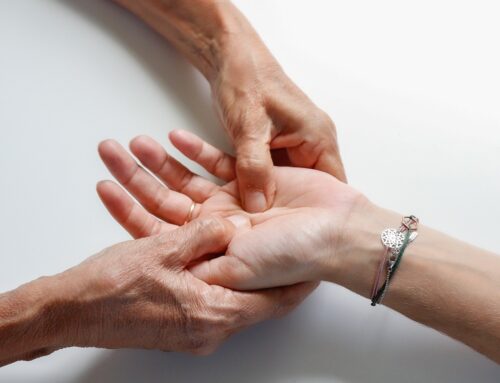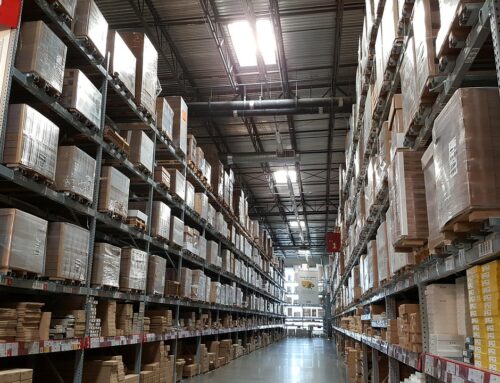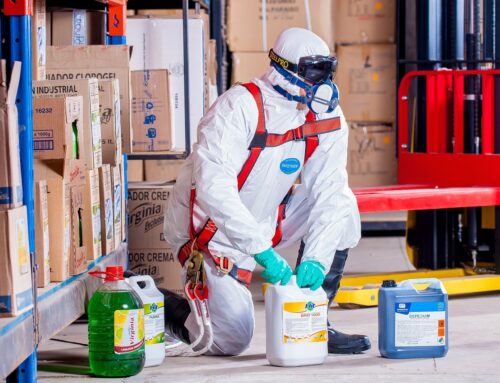As we have discussed, the COVID-19 epidemic has caused sweeping changes in virtually every area of our lives. Once implication of the shutdowns and shelter-in-place orders that you may not have thought of is that of workman’s compensation laws and proceedings. However, several states are considering changes to workman’s comp laws to reflect the evolving dynamic of working in America.

Presumptive Laws: One of the issues facing employers is their liability should a person reporting to the office be diagnosed with COVID-19. Some at-risk employees may have to stay home for several weeks. Others may actually get sick, and sadly, some may die. All of these situations have led to discussions about how the workman’s compensation system should approach the problem. Traditionally, the burden of proof is on the injured worker to prove that the injury did indeed take place during the course of their job. Likewise, the standard at the moment (although it could evolve rapidly) is that a sick worker would also have to prove that they contracted COVID at the workplace, as opposed to at the supermarket or even at home. This is a difficult task, and while there are presumptive laws to protect other professionals, such as firefighters, from work-related illness – the question is open as to if the same laws should apply to those who contract COVID in the workplace. A presumptive law would begin with the assumption that the virus originated in the workplace (due to another employee testing positive). It would then be up to the employer to prove that the sickness had not been contracted in the workplace after all.
Although Florida has not done so as of this writing, two states (Minnesota and Kentucky) have already passed presumptive legislation for exposed first responders and healthcare workers. This means that a first reposnder or halthcare worker who contracts COVID -19 is presumed to have done so in the performance of their job duties, thus making their treatment eligible for workman’s compensation benefits . These workers do not have to prove where or how the disease was contracted. It will be interesting to see how this plays out in other states and across the country.
Workman’s Compensation Injuries at Home: The rapid proliferation of preventative measures in March saw millions of workers transition to work-from-home employees nearly overnight. This leads to an interesting dilemma and legal question – if a worker is injured at home while working, are they eligible for worker’s compensation benefits? The answer is a strong and decisive – maybe!
Interestingly, back in 2019 – and before COVID become a household word – the Court of Special Appeals in Maryland presented an opinion which could provide guidance and precedent for this particular situation. The appellate court offered a three part test to establish if an employee’s home can be considered a work-place, and thus qualify their injury to be covered under the current laws. In the case of Schwan Foods v. Frederick, the following guidelines were set out to determine a qualifying “work place.”
- The quantity and frequency of work done at home;
- The presence of work equipment at the residence; and
- The circumstances of the job rendering it necessary, not only convenient, to work at home.
While it would seem that being forced to work at home during the COVID-19 pandemic would fit into this framework, it remains to be seen how individual states and workman’s comp insurance companies will view the situation. One thing is for sure, we have entered into uncharted waters. If you have a workman’s compensation claim that you feel needs special attention, call the experienced attorneys at Probinsky & Cole today.







